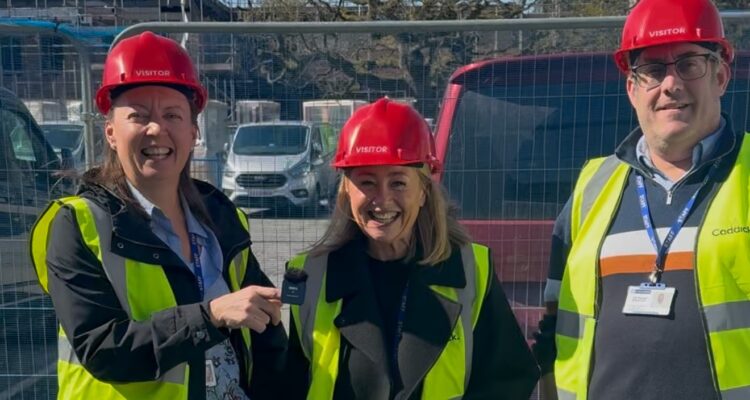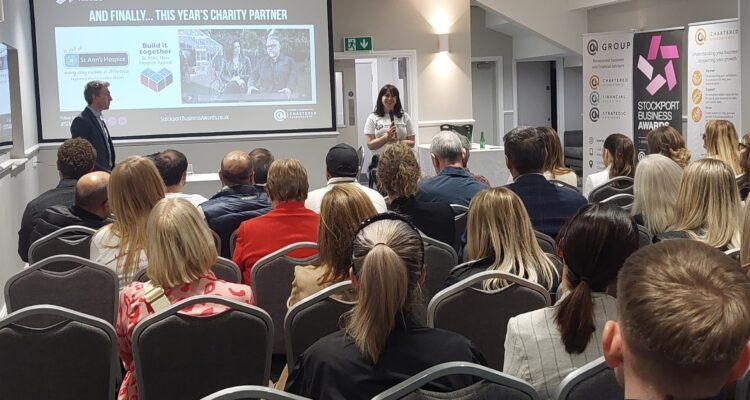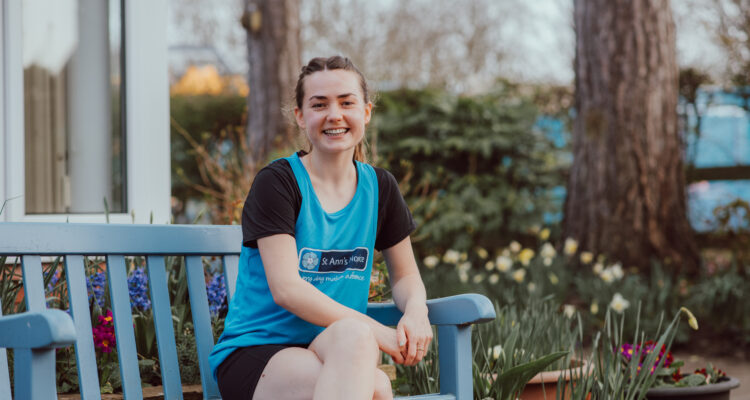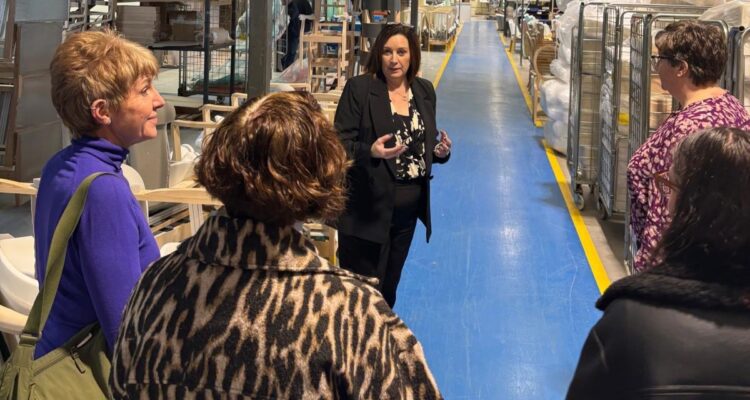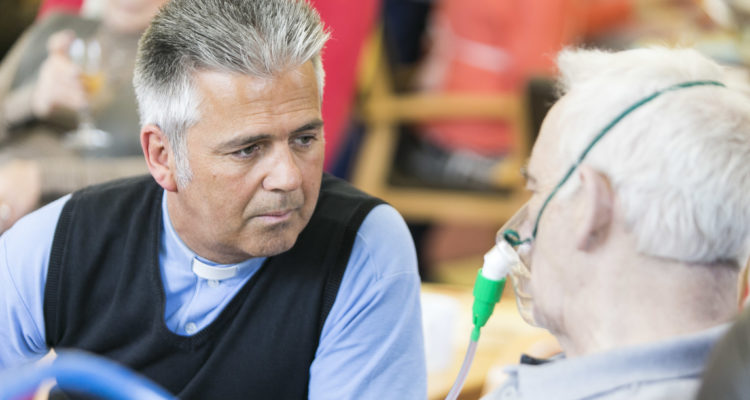
Dying Matters Awareness Week is a campaign run by Hospice UK that encourages people to come together to break the stigma around death, dying, and grief. It runs this week from May 5th to the 11th.
According to Hospice UK, we don’t have the right language to talk about death. And this means that not everyone gets the support that suits them as they approach the end of life. Hospice UK aims to see a world where people live well until the very end.
This year’s theme is ‘The Culture of Dying Matters’. There are many differences in the ways that cultures and faiths approach and mark death and dying. But at their core, feelings about dying, and experiences of grief, are universal emotions that we all share, no matter who we are or where we live.
Chaplaincy Support Coordinator at St Ann’s Hospice, Peter O’Brien discusses the importance of breaking the stigma surrounding the discussion of death and dying and the importance it is to make sure that all cultures, and beliefs are welcomed and respected at St Ann’s Hospice.
The importance of Dying Matters Awareness Week for people of all and no faith beliefs and social cultures by Peter O’Brien
We are surrounded by so much death and dying in our media – including news bulletins from around the world, films, tv soaps, and dramas, yet we seem so reluctant to discuss our own mortality. According to the latest world statistics on mortality, one out of one person will die. Satire aside, why is there a hesitancy to talk about dying and death?
During our lives we make plans for all kinds of things: what life insurance to buy, choosing holidays and dreaming about how we will spend our retirement days, yet how many of us have given serious thought about our own death?
We at St Ann’s hospice ‘…aim not to add days to your life, but to add life to your days.’ We believe that living and dying are not exclusive, in that dying is a part of living and people with life-threatening illnesses deserve the opportunity to explore the possibilities of dying at the same time as exploring the options for on-going treatment.
St Ann’s Hospice does not associate with any one particular religion, meaning that people from our multi-ethnic and diverse communities; of all faith traditions and those who profess none, are welcomed and receive all the support they need from our services. The hospice is a safe place where there is more openness about death, dying and bereavement and where people become aware of ways to live with these experiences.
We seek to establish each person’s wish around their dying and death; do they want to die at home, hospital or hospice? What goals do they have before they die? Most religions have death customs – certain rituals and mourning rites where people of faith would want to fulfil. So, would the patient wish to see a faith-representative; do they prefer burial or cremation. Some family like to keep vigil at the bedside and read from that person’s holy scriptures. Some people find comfort in looking at and holding sacred objects and icons. How should their body be treated after death – bathed and covered in a sheet for example or closing the deceased person’s eyes and mouth whilst opening the window to release the soul.
Also, some Muslims would want to lay on their right side facing the holy site Makkah and some Jews would want to lay flat with legs and arms together. Some Roman Catholic patients require sacrament of the sick, while other religious groups express their emotion freely and giving them privacy to do so is important.
Whether you’re a person of religious beliefs or not, making plans when you’re healthy means there is less to think about if you become unwell – it doesn’t have to be morbid or sad. That’s why the Dying Matters Awareness Week emphasises that it is never too early to think about planning ahead for illness and death.




